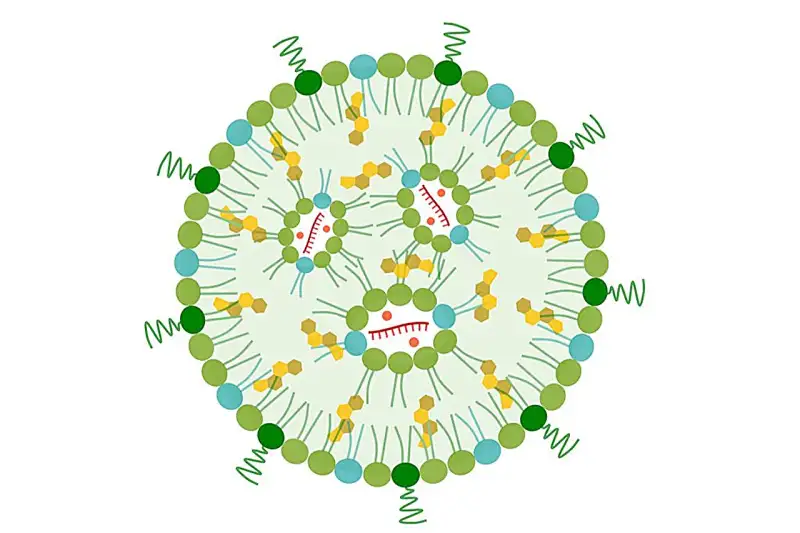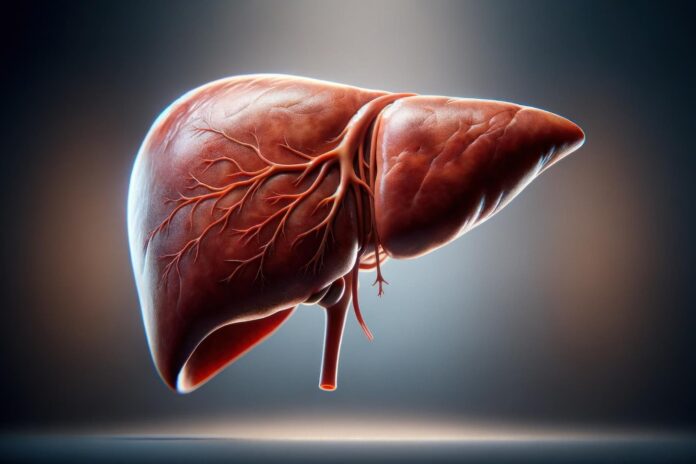Clinical Research
-
Facebook
-
Twitter
-
Linkedin
Explore the latest developments in cellular research, including stem cell therapy, regenerative medicine, and innovative approaches to treating diseases at the cellular level.

New discovery could protect cancer patients from radiation side effects
Radiation therapy is a key part of cancer treatment, with about 60% of cancer patients in the U.S. receiving it at some stage.

Rectal Cancer Vanishes After Immunotherapy Trial, Now Classified as FDA Breakthrough Therapy
A humble yet groundbreaking clinical trial at Memorial Sloan Kettering Cancer Center (MSK) has achieved unprecedented results in the treatment of rectal cancer, marking an incredible milestone in oncology.

Cancer drug realized after researcher’s chance exposure to malaria drug
When experienced researcher Renato Aguilera happened across the chemical structure of a tried-and-true antimalarial drug one day, he thought it might effectively fight cancer. He was right, and he has the research, the patent, and the pharma company to prove it.

Colon cancer warning: Scientists uncover ‘significant’ link between popular diet and polyp growth
New research from the University of Toronto has revealed a concerning link between low-carb, low-fibre diets and colorectal cancer risk when combined with a specific strain of E. coli bacteria.

Scientists find the key to treating colon cancer
Scientists at Northwestern Medicine have discovered that blocking a protein called GATA6 in mice with colon cancer slowed down tumor growth and helped the mice live longer.

Diabetes drug could help cancer patients make better recovery
A common type of diabetes medication could help cancer patients make a better long-term recovery, according to new research from the University of East Anglia.

New treatment offers hope for deadly brain cancer
A groundbreaking experimental treatment for glioblastoma, one of the deadliest brain cancers, has been published in Nature Medicine, bringing new hope for patients.

Nanoparticle immune therapy shows potential to halt pancreatic cancer spread
Pancreatic cancer remains one of the most challenging tumors to treat, partly because it is often discovered at advanced stages when the disease has already spread, or metastasized. About half of pancreatic cancer patients experience metastasis to the liver, which worsens the prognosis for an already life-threatening disease.

Eating This Way May Help Your Immune System Fight Cancer, New Research Shows
Cancer is a genetic disease, but increasingly, researchers are beginning to view it as a metabolic disease as well. That’s because tumor growth isn’t simply the result of DNA mutations gone wild. It also involves changes in the structure and function of the mitochondria, the “powerhouse” part of our cells which are crucial for turning food into energy.

The timing breakthrough in liver cancer treatment
In a significant step forward for liver cancer treatment, researchers have found that a gap of at least 50 days between stopping immunotherapy and undergoing a liver transplant dramatically lowers the risk of graft rejection. This discovery offers new hope to patients battling hepatocellular carcinoma (HCC), the most common form of liver cancer globally.

Eating eggs may increase cancer risks
A recent study from Harvard University has found a potential connection between egg consumption and the risk of developing certain types of cancer, including breast, ovarian, and fatal prostate cancer.

How aspirin could be used to reduce your cancer risk
Aspirin has the potential to prevent certain forms of cancer from spreading, scientists have found, and could even be used as a cancer treatment in the future.






